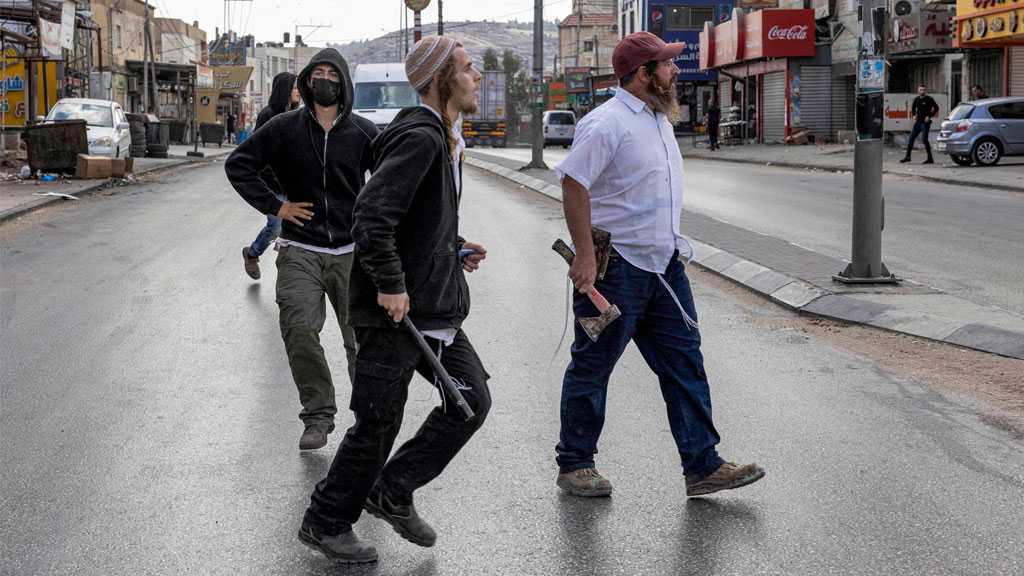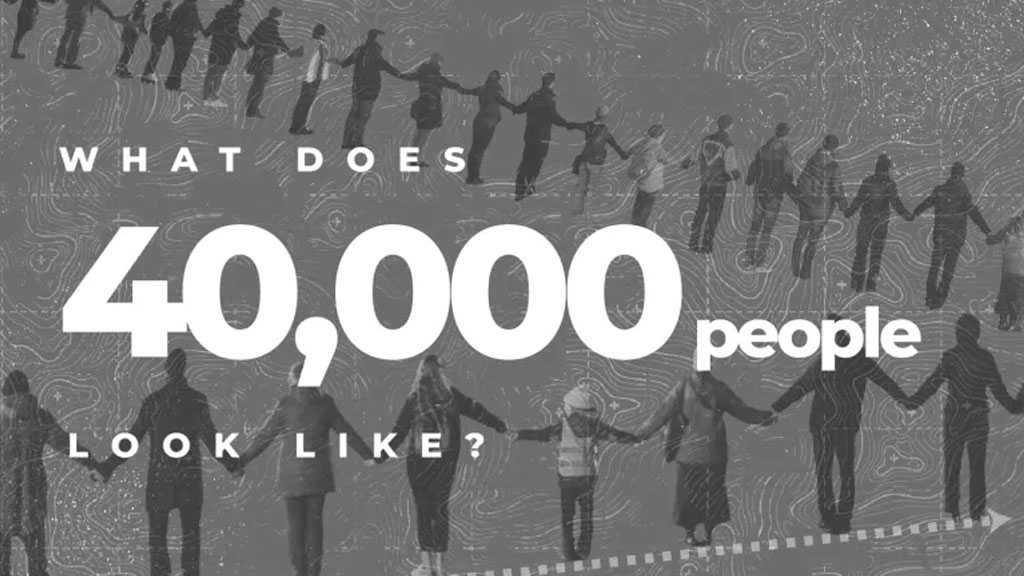
Politics and The Search for Truth

By Brenda Heard
FriendsofLebanon.org, 10-08-2010
On 9 August 2010, evidence relevant to the investigation into the assassination of former Prime Minister Rafik Hariri was made public. This evidence strongly indicates that "Israeli" intelligence services played an active role in the fateful February 2005 car bomb. Additional detail can be read in AFP, Al Manar, and Daily Star media.
As was expected, there have also been numerous media reports dismissing the allegations as ludicrous. Instead of merely reporting the latest developments, for example, even the BBC craftily depicts "the leader of the Lebanese "militant" group Hizbullah" and "what he says is evidence of "Israeli" involvement" as a juvenile con-game. [emphasis added] The BBC states for instance:
"Sheikh Nasrallah also revealed the name of a Lebanese man allegedly spying for "Israel", who, he said, was at the site of the killing the day before the assassination.
The man, however, fled before authorities could detain him, he said."
Rolling its journalistic eyes in disdain, the BBC suggests in repeated fashion throughout the article "Oh, how convenient."
What Sayyed Nasrallah actually stated was that
"We have evidence that Ghassan Al Jedd, an alleged "Israeli" spy who hosted "Israeli" operations teams, was present at the Rafiq Hariri crime scene. We presented the evidence to the Lebanese authorities, but Jedd escaped from Lebanon before he was caught."
Jedd had been linked to the "Israelis" for over a decade. The suspicions concerning the Hariri assassination were given to the Lebanese authorities. Would anyone logically expect him to stick around? Contrary to the BBC insinuation, Jedd's name was not pulled out of a hat of convenient suspects who had gone underground and therefore could be blamed.
This BBC report (not a pro-"Israeli" blog, but the BBC--THE British Broadcasting Corporation) overtly scorns Nasrallah, who, the BBC sneers, "said he had been told that the international tribunal would indict individuals from Hizbullah in Mr Hariri's murder, and [who] described the tribunal as part of an "Israeli" plot against Hizbullah." (what makes this a ‘sneer' is that the BBC unnecessarily tacks on the ‘Israeli plot' bit). On the other hand, the BBC notes straightaway (fourth sentence) that ""Israel" has denied any involvement in Mr Hariri's death." This BBC report readily exemplifies the politicizing of the investigation into the Hariri assassination which has contributed to the general mistrust of the UN's Special Tribunal for Lebanon. Potential evidence is dismissed out -of-hand if it does not accommodate the preferred scenario.
On the issue of credibility, one particular statement by Nasrallah stands out: "This video can be acquired by any investigative commission to ensure it is correct. We are sure of this evidence, or else we would not risk showing it."
Whether or not one "likes" Nasrallah or the party he represents, his intelligence has never been disputed. Hizbullah has not achieved what it has undeniably achieved in a mere twenty-eight years by being foolhardy. Their security analyses and their political judgement have both been top rate; otherwise they would have long since crumbled under the weight of the campaign against them forged by the Western-"Israeli" Alliance. This much must surely be acknowledged. So what do we have to fear in at least evaluating the evidence presented?
FriendsofLebanon.org, 10-08-2010
On 9 August 2010, evidence relevant to the investigation into the assassination of former Prime Minister Rafik Hariri was made public. This evidence strongly indicates that "Israeli" intelligence services played an active role in the fateful February 2005 car bomb. Additional detail can be read in AFP, Al Manar, and Daily Star media.
As was expected, there have also been numerous media reports dismissing the allegations as ludicrous. Instead of merely reporting the latest developments, for example, even the BBC craftily depicts "the leader of the Lebanese "militant" group Hizbullah" and "what he says is evidence of "Israeli" involvement" as a juvenile con-game. [emphasis added] The BBC states for instance:
"Sheikh Nasrallah also revealed the name of a Lebanese man allegedly spying for "Israel", who, he said, was at the site of the killing the day before the assassination.
The man, however, fled before authorities could detain him, he said."
Rolling its journalistic eyes in disdain, the BBC suggests in repeated fashion throughout the article "Oh, how convenient."
What Sayyed Nasrallah actually stated was that
"We have evidence that Ghassan Al Jedd, an alleged "Israeli" spy who hosted "Israeli" operations teams, was present at the Rafiq Hariri crime scene. We presented the evidence to the Lebanese authorities, but Jedd escaped from Lebanon before he was caught."
Jedd had been linked to the "Israelis" for over a decade. The suspicions concerning the Hariri assassination were given to the Lebanese authorities. Would anyone logically expect him to stick around? Contrary to the BBC insinuation, Jedd's name was not pulled out of a hat of convenient suspects who had gone underground and therefore could be blamed.
This BBC report (not a pro-"Israeli" blog, but the BBC--THE British Broadcasting Corporation) overtly scorns Nasrallah, who, the BBC sneers, "said he had been told that the international tribunal would indict individuals from Hizbullah in Mr Hariri's murder, and [who] described the tribunal as part of an "Israeli" plot against Hizbullah." (what makes this a ‘sneer' is that the BBC unnecessarily tacks on the ‘Israeli plot' bit). On the other hand, the BBC notes straightaway (fourth sentence) that ""Israel" has denied any involvement in Mr Hariri's death." This BBC report readily exemplifies the politicizing of the investigation into the Hariri assassination which has contributed to the general mistrust of the UN's Special Tribunal for Lebanon. Potential evidence is dismissed out -of-hand if it does not accommodate the preferred scenario.
On the issue of credibility, one particular statement by Nasrallah stands out: "This video can be acquired by any investigative commission to ensure it is correct. We are sure of this evidence, or else we would not risk showing it."
Whether or not one "likes" Nasrallah or the party he represents, his intelligence has never been disputed. Hizbullah has not achieved what it has undeniably achieved in a mere twenty-eight years by being foolhardy. Their security analyses and their political judgement have both been top rate; otherwise they would have long since crumbled under the weight of the campaign against them forged by the Western-"Israeli" Alliance. This much must surely be acknowledged. So what do we have to fear in at least evaluating the evidence presented?



